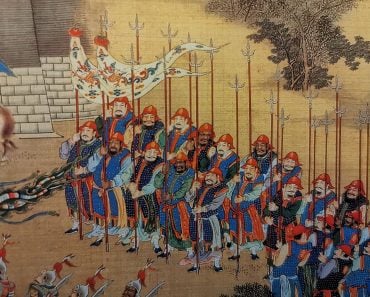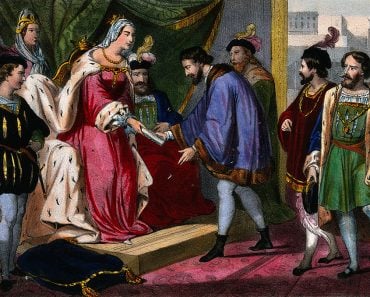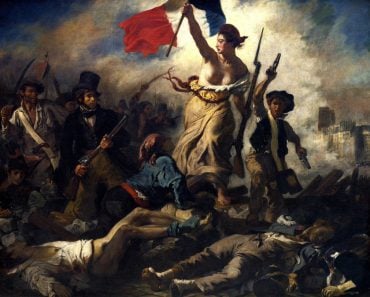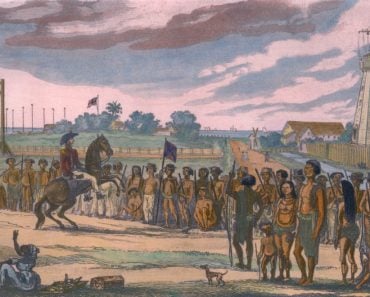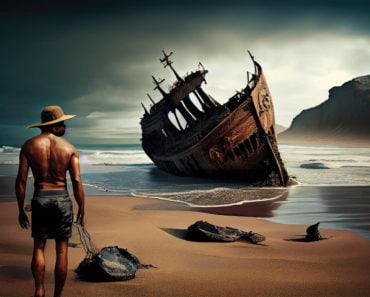Pirates were revolutionary rebels of the high seas, challenging authority, fostering democracy, and leaving nations in a difficult philosophical fix.
Amidst the crashing waves and salt-laden air, pirates emerged as more than just rogues of the high seas. In the late 17th and early 18th centuries, they etched their names into maritime history forever. These daring outlaws challenged the reign of powerful empires, daring to snatch treasure from right under their noses.
Yet, afloat on wooden ships, pirates became masters of economic disruption, and forced nations to rethink their maritime defenses. While pirates were not traditional revolutionaries in the political or social sense, pirates challenged established norms, authority, and governance structures in various ways, leaving a lasting impact on maritime history, naval warfare, and culture.
Recommended Video for you:
Challenge To Established Authority
Pirates emerged during an era when powerful nations and empires sought to control the seas to facilitate their colonial ambitions and global trade dominance. Pirates, in their own way, challenged this established authority. They frequently targeted ships belonging to imperial powers, such as England, Spain, and France, making a statement of resistance against monopolies, colonial oppression and economic exploitation.
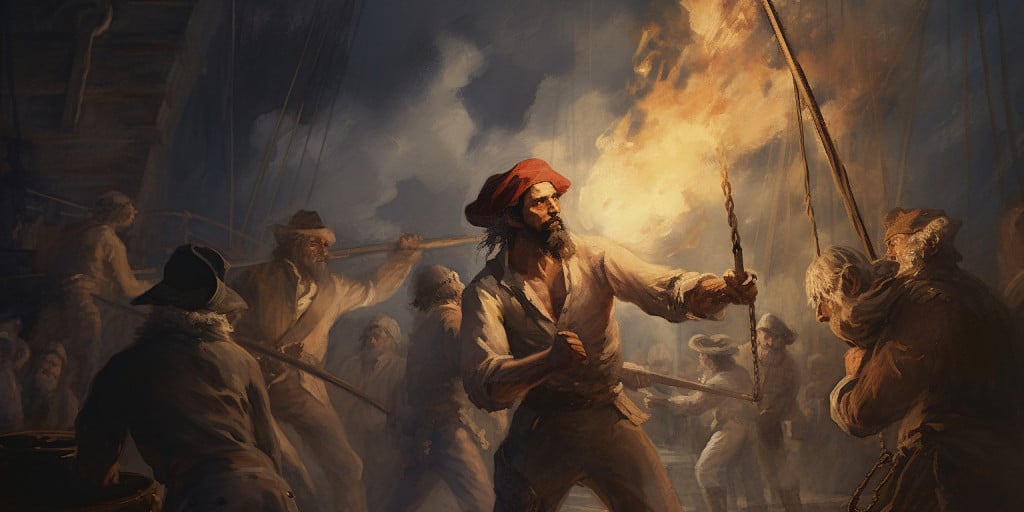
They confronted heavily armed naval vessels and merchant fleets, sending shockwaves throughout the maritime world. They operated in defiance of the established order, asserting their independence on the high seas. In this sense, their actions challenged the existing maritime hierarchy of colonial powers, albeit through unconventional means.
Egalitarian Social Structures
Pirate crews operated under remarkably egalitarian social structures, a stark departure from the authoritarianism prevalent on many naval and merchant vessels of the era. On pirate ships, through their articles, crew members had a legitimate voice in decision-making processes, including the election of their captains and determination of the division of spoils.
The election of captains was a democratic process that emphasized leadership qualities, rather than birthright or hierarchy. The elected captains were often those who commanded the respect and trust of their crew members. This form of leadership stood in stark contrast to the hereditary and authoritarian command structures found on naval vessels and merchant fleets, as well as the majority of governments around the world.
Quasi-Independent Pirate Communities
During the “Golden Age of Piracy,” which spanned from the late 17th to the early 18th century, some pirates managed to establish quasi-independent communities in remote and secluded locations, such as Nassau in the Bahamas. These communities represented a unique challenge to conventional notions of nation-states and traditional governance.
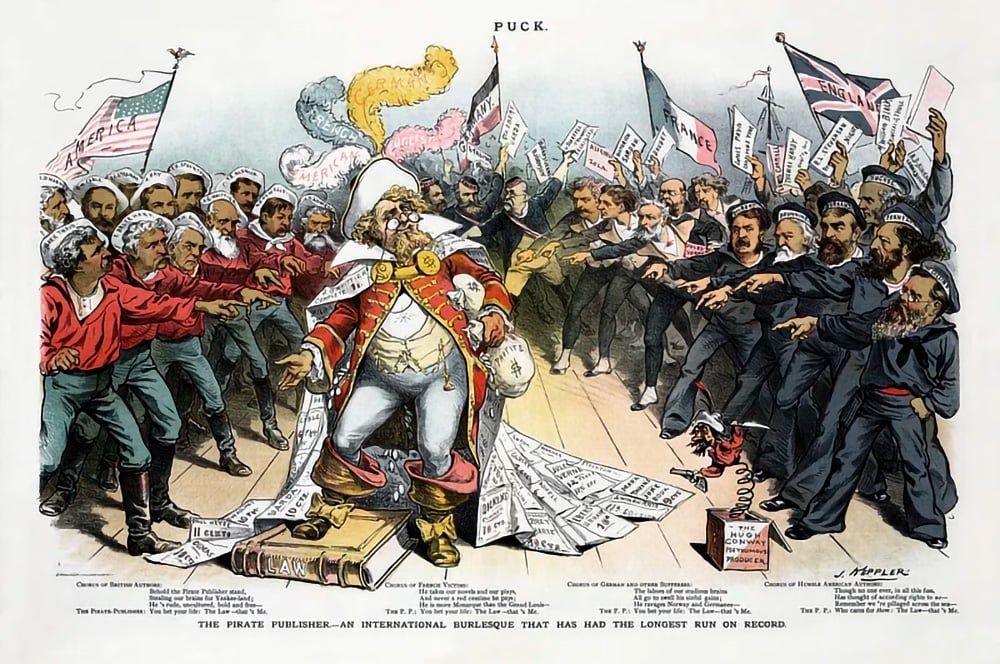
These pirate havens were often composed of retired pirates who had accumulated wealth and then chosen to lead a quieter life. In some cases, they developed their own rules and systems of government, asserting some degree of autonomy from the colonial powers that dominated the Caribbean and the Atlantic. While these communities may not have been revolutionary in the traditional sense, they symbolized a break from the established order and the pursuit of alternative forms of governance.
Economic Disruption
One of the most significant ways that pirates revolutionized the high seas was through their disruption of global trade routes and the economic consequences of their actions. Pirates posed a severe threat to maritime commerce, prompting nations to invest in stronger naval forces and improved maritime security measures.
The economic impact of piracy was twofold. First, it forced nations to develop more robust naval capabilities to protect their interests at sea, which led to advancements in shipbuilding, naval strategy, and navigation as governments sought to combat the pirate threat effectively. Additionally, the need for better security measures prompted the development of international laws and conventions aimed at countering piracy.
Second, the disruption caused by pirates had a direct impact on global trade. Ships were wary of venturing into pirate-infested waters, leading to delays, rerouted voyages, and increased insurance costs. The loss of valuable cargo and vessels was a significant economic burden on maritime nations.
Cultural Legacy
Pirates have left an enduring cultural and literary legacy that continues to captivate humanity’s collective imagination. They have been romanticized in literature, theater, and popular culture, with iconic figures like Blackbeard, Captain Kidd, and Calico Jack becoming legendary antiheroes that we often gleefully root for. The enduring fascination with pirate lore is a testament to their lasting impact on popular culture.

From classic novels like Robert Louis Stevenson’s “Treasure Island” to blockbuster films like Disney’s “Pirates of the Caribbean” franchise, pirates have remained a compelling subject in storytelling. Their rebellious spirit, love of freedom, and adventurous lifestyle have made them enduring symbols of defiance and revolutionary thought.
By targeting the shipping and economic clout of powerful imperial nations, pirates can also be seen as early symbols of resistance to imperialism. They challenged the dominance of colonial powers and asserted their independence on the high seas. While pirates were not solely motivated by political ideologies or nationalist sentiments, their actions represented a form of resistance against imperialist exploitation and control.
Conclusion
In the vast ocean of history, pirates may have sailed against the tide of convention, but their impact was far greater than a mere “yo-ho-ho” and a bottle of rum. These maritime mavericks challenged the norm, showed us that equality can be a treasure, and left us with more than just buried loot; they sailed themselves into the annals of history.
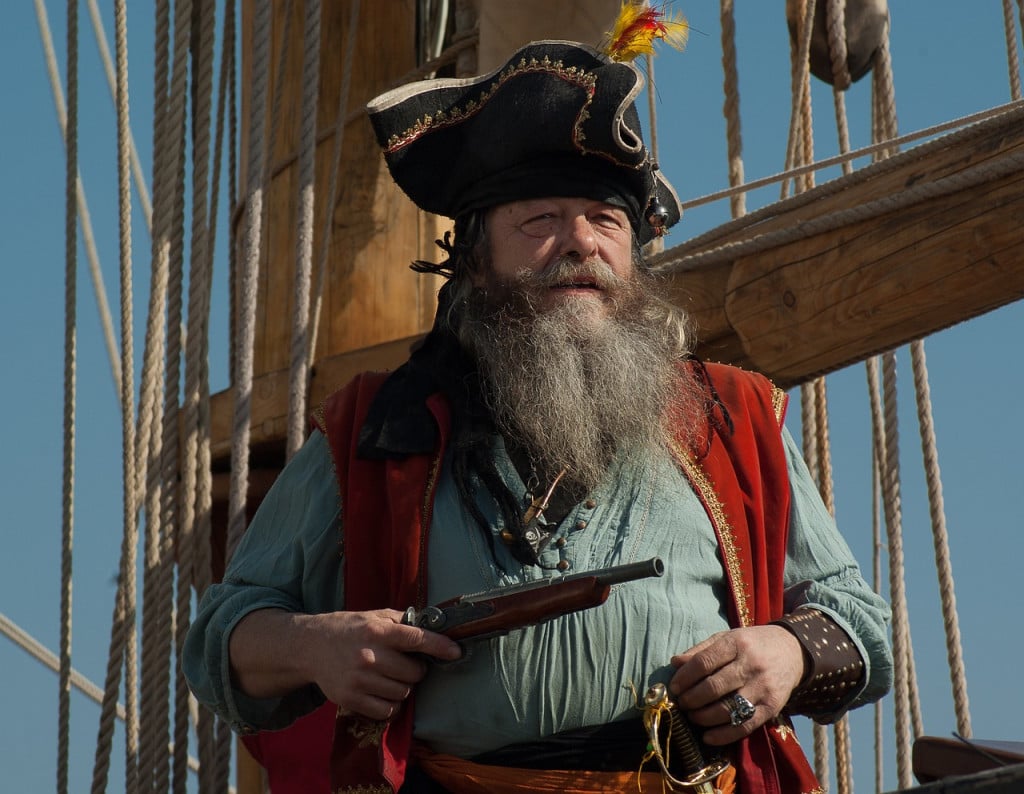
Pirates’ audacity against their prevailing maritime order contributed to their historical significance. They operated outside the boundaries of conventional society, leaving an indelible mark on maritime history, naval warfare, governance structures, and popular culture. Their stories continue to inspire tales of daring adventures and treasure hunts, reminding us that even in the darkest of times, a little bit of rebellion can go a long way.
References (click to expand)
- Ganser, A. (2020). Pirate Narratives and the Revolutionary Atlantic in the Early Republic and the Antebellum Period. Crisis and Legitimacy in Atlantic American Narratives of Piracy. Springer International Publishing.
- Study: Pirates pursued democracy, helped American colonies ....
- Flying the black flag: Revolt, revolution and the social ....


